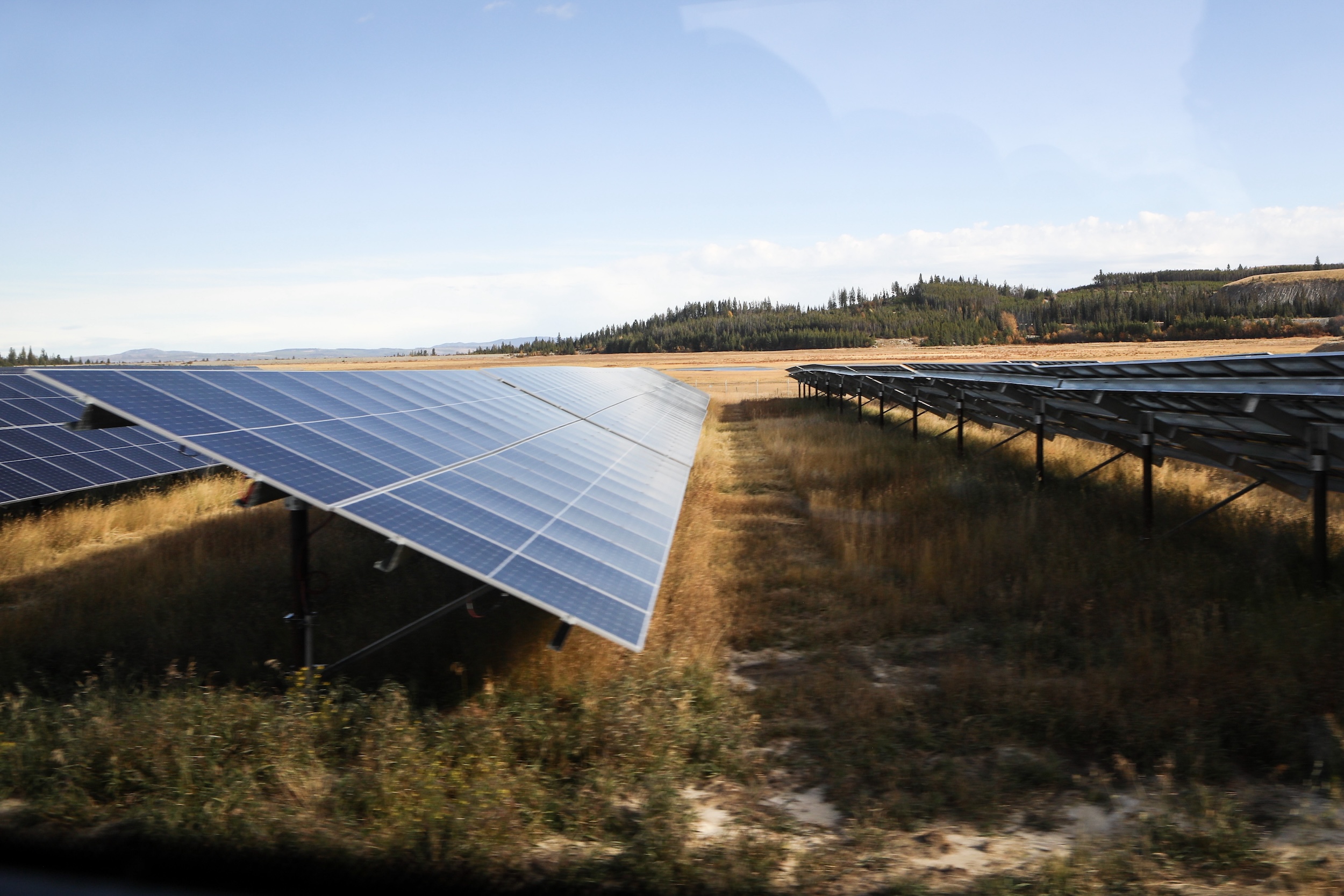Tribal Journeys 2023: After three-year hiatus, canoe families pull to Muckleshoot
With various stops along the way, dozens of canoes travelled ancestral waterways to come together for a week of protocol and cultural sharing


After a three-year hiatus, Tribal Canoe Journeys brought thousands of Indigenous people from across the Pacific Northwest and beyond to the Muckleshoot Indian Tribe for a week of celebration and culture.
Though the intertribal journey is normally an annual event, it had been on pause since 2019 because of COVID-19 restrictions. After a tough few years of getting through the pandemic, canoe families and their supporters were excited to get back on the water and for the preparations involved.

More than 100 canoes landed at Seattle’s Alki Beach in Muckleshoot homelands on July 30 — wrapping up this year’s Paddle to Muckleshoot and beginning a weeklong gathering involving sharing music, dance, food and following traditional protocol from July 31 to August 6.
Before landing, canoe families give an introduction and request permission to come ashore.

“We look forward to hosting you, to feeding you, to sharing songs and dances,” said Donny Stevenson, vice-chairman of Muckleshoot Tribe, as he welcomed the boats to his homelands.
“This week of celebration is something we’ve worked hard to prepare for. That we’ve worked tirelessly, over years, to be ready for this week. It’s with great joy that we receive every single one of you.”

The 1989 “Paddle to Seattle” was the first official canoe journey inspiring the revitalization of canoe culture and all the traditional practices involved in what’s now Tribal Canoe Journeys.
Canoe families begin their journeys from various starting points before landing in the host community, stopping along at other tribal communities along the way.

Daily canoe trips between host communities can involve as many as 11 hours on the water. Sunburn, wind burn and exhaustion make the journey worthwhile when they arrive and are greeted by their host communities with music, dance and traditional foods.

This year, coastal nations from as far as Alaska, Hawaii, and even New Zealand and the Indigenous Aniu community of Japan travelled to participate.
Other canoe families participated from across the Pacific Northwest including groups from Pacheedaht, Tsartlip, T’Sou-ke and many more.

On July 21, eight canoe families landed in Tsawout on “Vancouver Island.” One canoe family from Haines, Alaska made a total journey of more than 2,400 km, including paddling 290 km, before arriving in Muckleshoot.
Tlingit artist Wayne Price carved an eight-and-a-half-metre canoe from western red cedar in 2003, the first traditional dugout canoe he ever made. Twenty years later, Price participated in the journey with Skaydu.û Jules from the Eagle Killer Whale clan of Teslin Tlingit people in southern Yukon, Sarah Boyles-Muehleck who has been Price’s apprentice for the past two years and Patricia Chookenshaa Allen.

During the journey, they also held one seat vacant to honour those lost in residential school with an Every Child Matters flag waving at the mast.
When arriving to the shores of Muckleshoot, many people dedicated their journeys to lost loved ones.
Louie Tom of Tsartlip, who introduced his Moomooquin Canoe Family, spoke about how they lost their dad to COVID-19 in 2021 — and dedicated their journey to him.
“He was our skipper, our love, our strength,” he said.
“This year we’ve lost so much, our way of life, lost so many loved ones, we couldn’t be there for one another, the pandemic has taken a lot from us.”

While acknowledging the hardship of the last few years, canoe families also expressed gratitude for the ability to share culture and protocol. Many Youth also participated in the journey, including a Youth canoe from Kw’umut Lelum, an Indigenous child welfare agency based in Snuneymuxw.
“I want to raise my hands to the Youth on this canoe,” said Frankie Shaw, a cultural and recreational coordinator with Kw’umut Lelum.
“We’ve been working together for months and months to prepare for this journey, and the Youth have done nothing but impress me this entire time.”
The host nation for next year’s journey has yet to be announced.

Reporting for this story was made possible in part through a grant from the Institute for Journalism and Natural Resources and the Gordon and Betty Moore Foundation.
Author
Latest Stories
-
‘Bring her home’: How Buffalo Woman was identified as Ashlee Shingoose
The Anishininew mother as been missing since 2022 — now, her family is one step closer to bringing her home as the Province of Manitoba vows to search for her
-
‘This is the vision’: Inside Nlaka’pamux Nation’s quest to build ‘B.C.’s’ first major solar project
As the province fast-tracks development, the Southern Interior tribal council has lessons to share on how to build for the future
-
Sḵwx̱wú7mesh Youth connect to their lands — and relatives — with annual Rez Ride
The Menmen tl’a Sḵwx̱wú7mesh mountain bike team pedals through ancestral villages — guided by Elders, culture and community spirit













